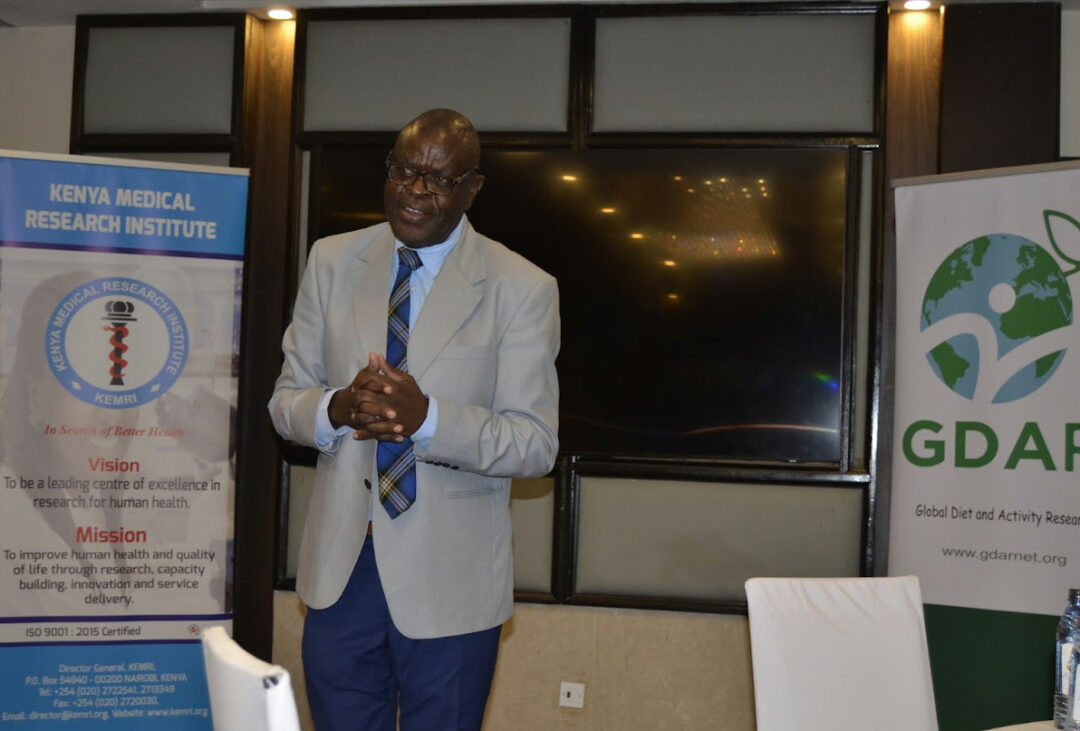GDAR Network members in the KEMRI Centre for Global Health Research, in partnership with the County Government of Kisumu’s Climate Change and Health Directorate, have led a one-day workshop to challenge the impacts of climate change, health, and urbanisation on residents of the lakeside city of Kisumu and the surrounding areas.
Stakeholders in sectors including health, gender, and food security attended the forum, lending their voices and experiences to the discussion about the effects of climate change-induced disruptions and focused on floods and droughts.
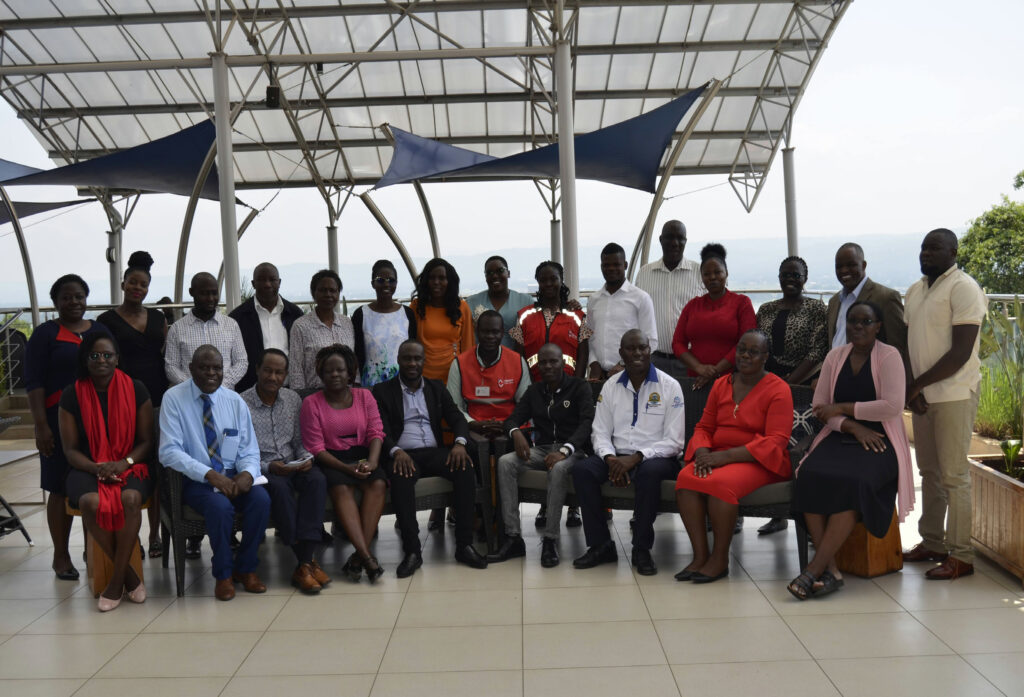
Professor Charles Obonyo, Lead Principal Investigator in the GDAR Spaces project and Chief Research Officer at KEMRI, highlighted the necessity of using systems thinking methodology to understand the interplay of health, climate change, and urbanisation in Kisumu:
“Our goal is to uncover how these factors influence health outcomes and overall urban resilience. By engaging with the community and stakeholders, we can develop targeted interventions that promote sustainable and healthy living environments.”
The forum’s participants worked together to identify potential strategies to mitigate the destructive effects of climate change events on their communities; and concluded that policy would influence how resilience strategies are shaped.
KEMRI’s collaboration with the Kisumu County Department of Health and Climate Change is paving the way for innovative solutions to enhance urban resilience through transdisciplinary research.
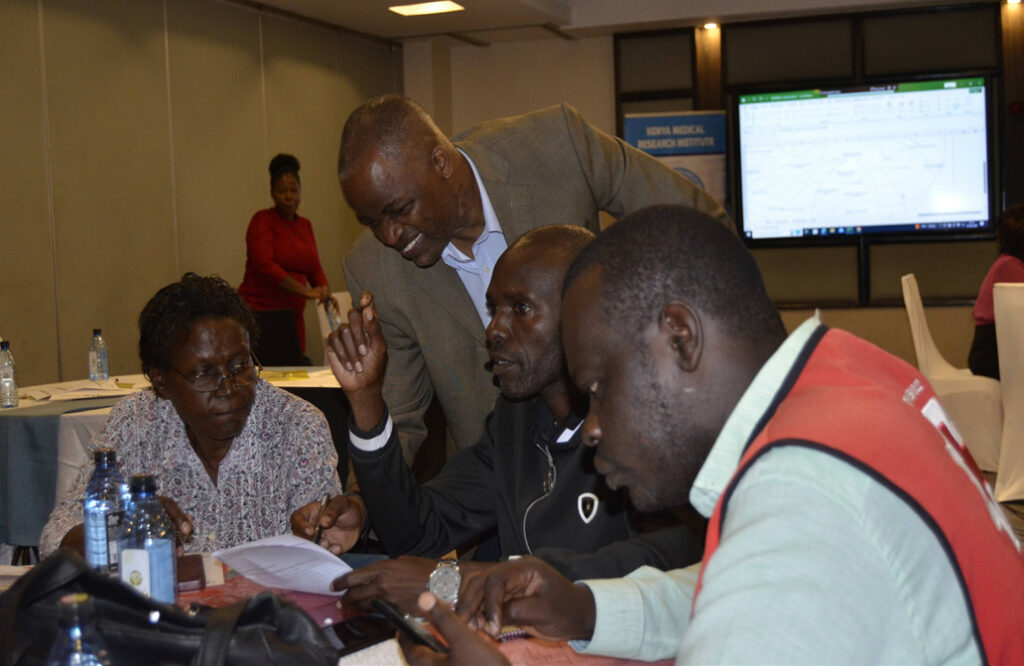
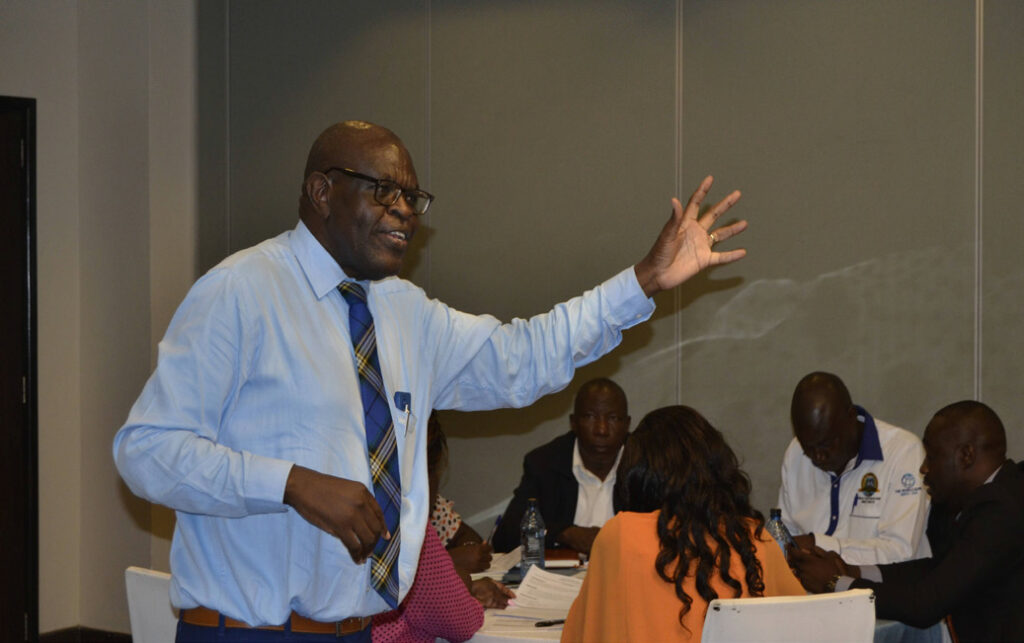
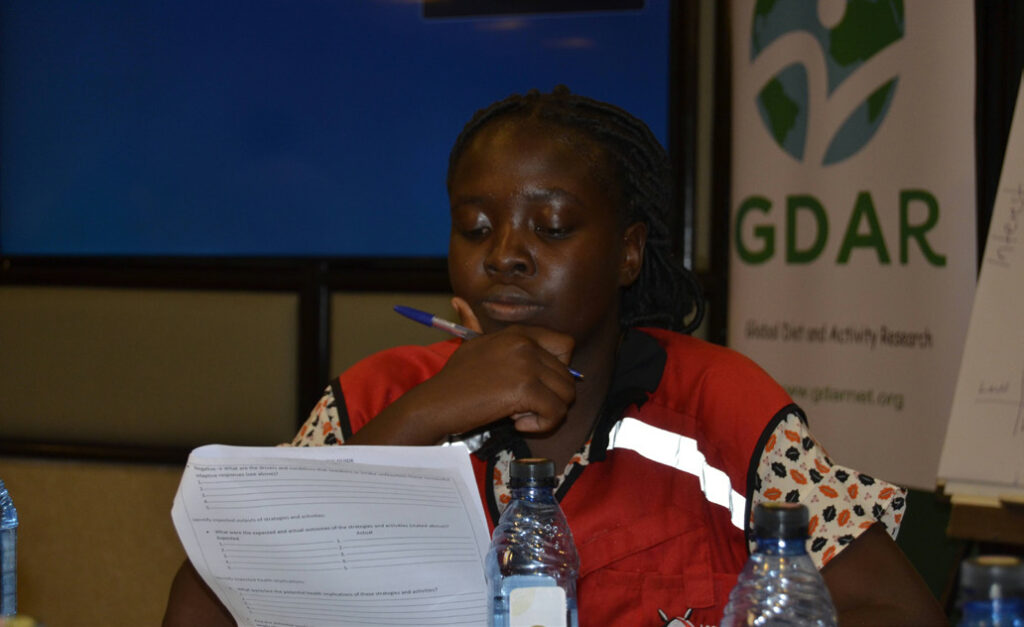
Professor Obonyo added:
“Policy plays a pivotal role in guiding and supporting community resilience initiatives. We must advocate for policies prioritising health, food security, and environmental sustainability to ensure that urban communities can thrive amidst the challenges posed by climate change and urbanisation.”

